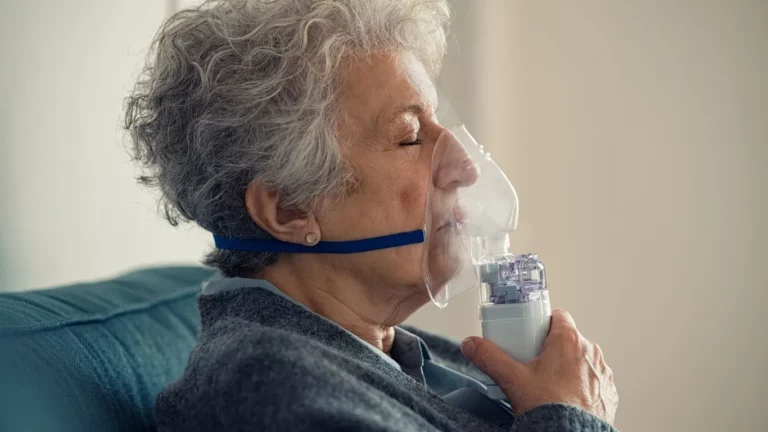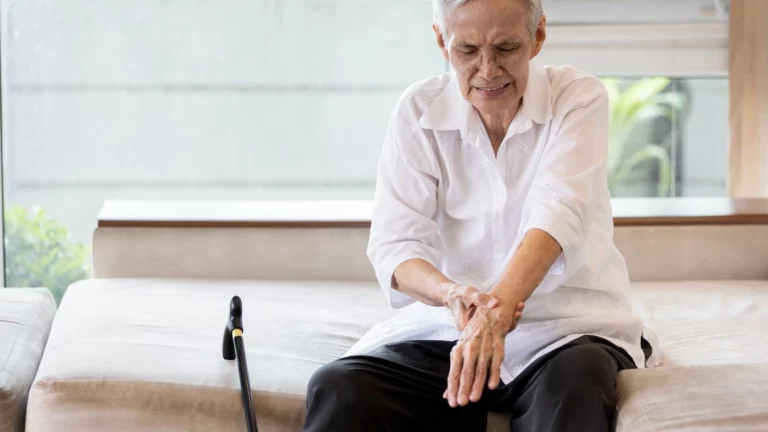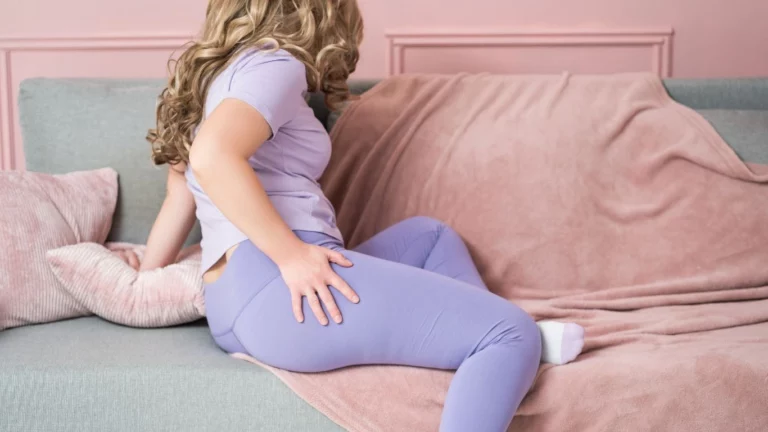How Sleep Disruptions Secretly Raise Blood Pressure – A Doctor’s Guide
Let’s talk about something I see all the time in my practice but often gets overlooked in everyday conversations—the blood pressure and sleeping disorders link. Believe me, it’s more than just a coincidence when someone tells me they’ve been sleeping poorly and suddenly their BP numbers start creeping up. I’ve had countless patients, from busy professionals to retired grandparents, sit across from me and say, “Doc, I don’t get it—I’m not doing anything different, but my blood pressure’s gone haywire.” And one of the first things I ask? “How’s your sleep been lately?”
What’s Really Going On Between Sleep and Blood Pressure?

So here’s the deal: our bodies need restorative sleep to regulate blood pressure. During deep sleep stages, blood pressure naturally dips—a phenomenon known as nocturnal dipping. That’s the body’s way of giving the cardiovascular system a bit of a break. But for folks dealing with insomnia, sleep apnea, or just tossing and turning all night from stress? That dip doesn’t happen like it should.
I remember one patient, a 52-year-old with newly diagnosed hypertension, who swore up and down that he exercised, ate fairly clean, and took his meds religiously. The kicker? He snored like a freight train, woke up gasping, and never felt rested. A sleep study later confirmed moderate obstructive sleep apnea. After starting CPAP therapy, guess what? His blood pressure started behaving. That’s no coincidence.
How Sleep Affects Blood Pressure Regulation
Let’s get into a bit of physiology—but I promise, nothing too textbook-y. When we’re sleep-deprived or suffer from fragmented sleep, several systems in our body go haywire:
- Sympathetic Nervous System Overdrive: Poor sleep triggers a “fight or flight” response, keeping the body in a constant state of alertness. This increases heart rate and constricts blood vessels—boom, blood pressure rises.
- Hormonal Chaos: Ever hear of cortisol? It’s our stress hormone, and it spikes when we don’t get enough quality rest. Cortisol raises blood pressure over time.
- Inflammation and Insulin Resistance: These get worse with chronic sleep loss, both of which are bad news for vascular health and blood pressure control.
Common Sleep Disorders That Worsen Blood Pressure

Obstructive Sleep Apnea (OSA)
This one’s the big culprit. With OSA, the airway collapses repeatedly during sleep, cutting off oxygen and jolting the person awake—sometimes dozens of times per hour. That disruption keeps the body in a stress state all night, pushing blood pressure through the roof. It’s not just snoring; it’s a cardiovascular risk factor. Trust me, if your partner says you stop breathing at night, it’s time to get checked.
Insomnia and Sleep Fragmentation
We’ve all had sleepless nights, but chronic insomnia leads to sustained elevations in blood pressure. Why? Because your body never fully powers down. It’s like trying to recharge your phone while using it to stream HD video all night. It just doesn’t work.
Restless Leg Syndrome (RLS)
That irritating urge to move your legs at night? It’s more than an annoyance. RLS interrupts sleep cycles and increases sympathetic activity—yep, another route to elevated blood pressure. I’ve seen patients who finally addressed their RLS and found their BP readings settle without adding another med.
Why This Link Gets Overlooked So Often
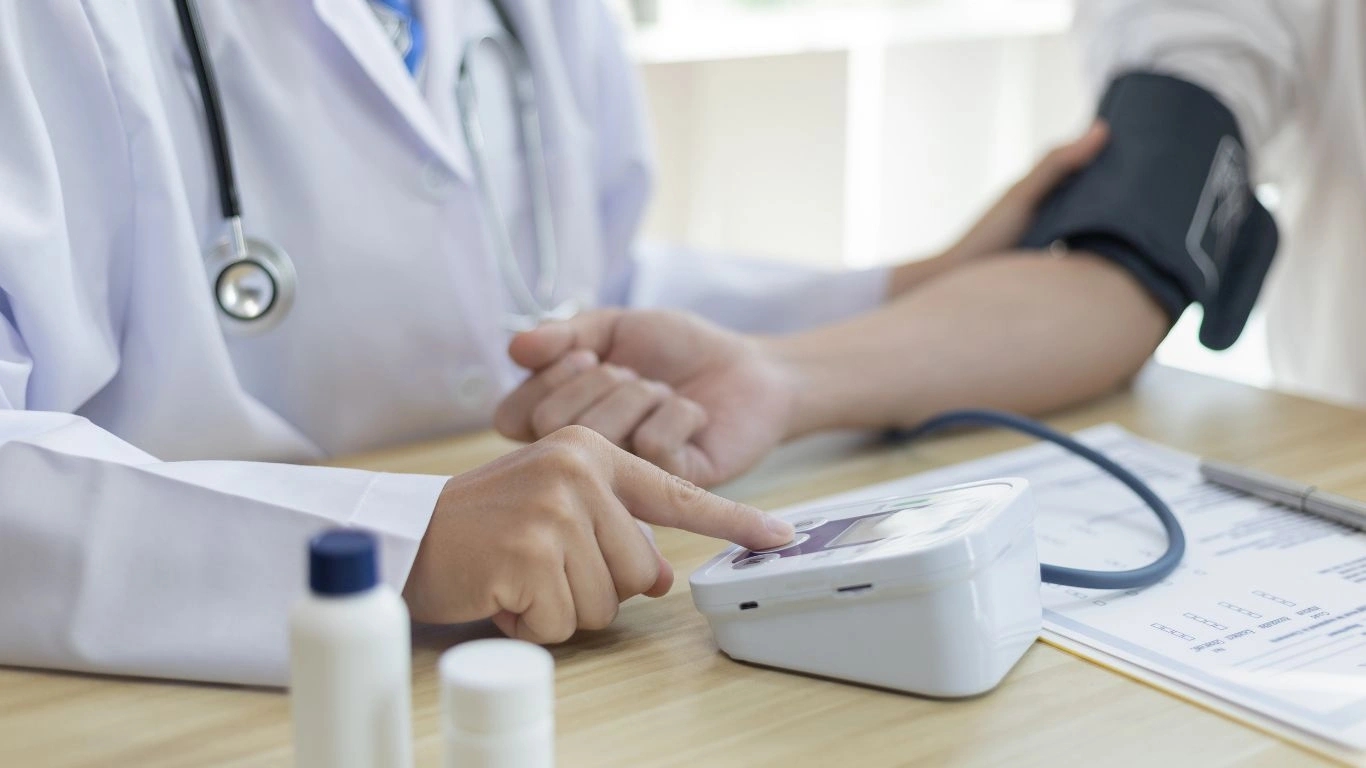
Honestly? Because sleep isn’t something we think of as a “medical issue” until it’s completely wrecking our lives. Most people think if they’re lying in bed for 7-8 hours, that counts as good sleep. But quantity isn’t the whole story—quality and continuity matter just as much.
And in clinical practice, we’re often so focused on tweaking medications, adjusting diets, and pushing for exercise (which are all super important, don’t get me wrong!) that sleep hygiene gets sidelined. But I’ve learned over the years that asking the simple question—“How well are you sleeping?”—can unlock a whole new level of blood pressure control.
Recognizing the Red Flags Early
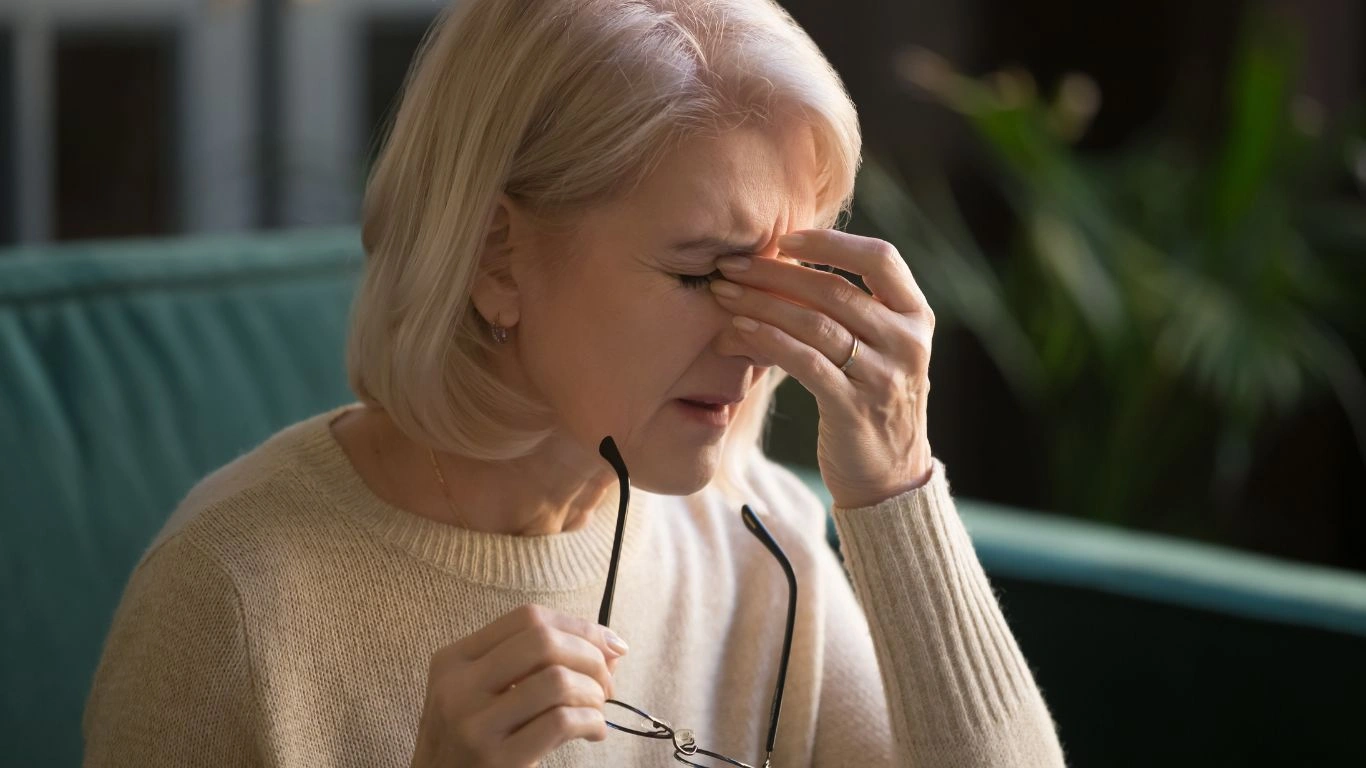
One of the things I’ve learned over years in Internal Medicine is this: if we wait for full-blown symptoms before addressing sleep and blood pressure issues, we’re already late to the game. The connection between blood pressure and sleeping disorders doesn’t always shout—it whispers. The early signs can be so subtle that they’re easy to brush off as “just stress” or “getting older.”
I had a patient not too long ago—a teacher in her mid-40s—who came in mostly because of mild fatigue and slightly elevated BP readings. Nothing extreme. But when I asked her to track her sleep for a week, what she discovered was eye-opening. She was waking up five or six times a night and never felt rested in the morning. A few simple sleep hygiene changes later and guess what? Her blood pressure started trending back toward normal. No extra meds needed.
What to Watch Out For
If you’re wondering whether poor sleep might be fueling your blood pressure issues, here are some clues I tell my patients to look out for:
- Do you wake up feeling like you barely slept?
- Are you waking up multiple times a night or too early in the morning?
- Have you been told you snore, gasp, or stop breathing during sleep?
- Are your blood pressure readings creeping up despite your usual routine?
If any of these sound familiar, it’s time to dig deeper—not just throw another med at the problem.
How I Approach Diagnosis in My Practice

When someone walks into my office with high blood pressure and vague sleep complaints, I don’t just slap on a prescription and call it a day. Here’s how I typically go about it:
1. Ask the Right Questions
Sleep issues can be slippery. People often don’t even realize they’re having disrupted sleep unless their partner notices or they keep waking up feeling exhausted. I dig in with specific, practical questions—not just “Are you sleeping okay?” but “How many times do you wake up?” or “Do you ever wake up gasping or feeling like your heart is racing?”
2. Monitor Sleep and BP Patterns Together
I love using home blood pressure logs and sleep diaries together. Seeing how bad nights line up with BP spikes on paper can be really powerful—for both me and my patients. It’s also a great conversation starter when deciding next steps.
3. Consider Sleep Studies (And Don’t Fear Them!)
Listen, I get it. Sleep studies sound intimidating. But many can now be done at home, in your own bed, with minimal disruption. If I suspect obstructive sleep apnea, I usually recommend a home sleep test first. It’s simple, non-invasive, and gives us a ton of valuable data.
Managing Sleep for Better Blood Pressure
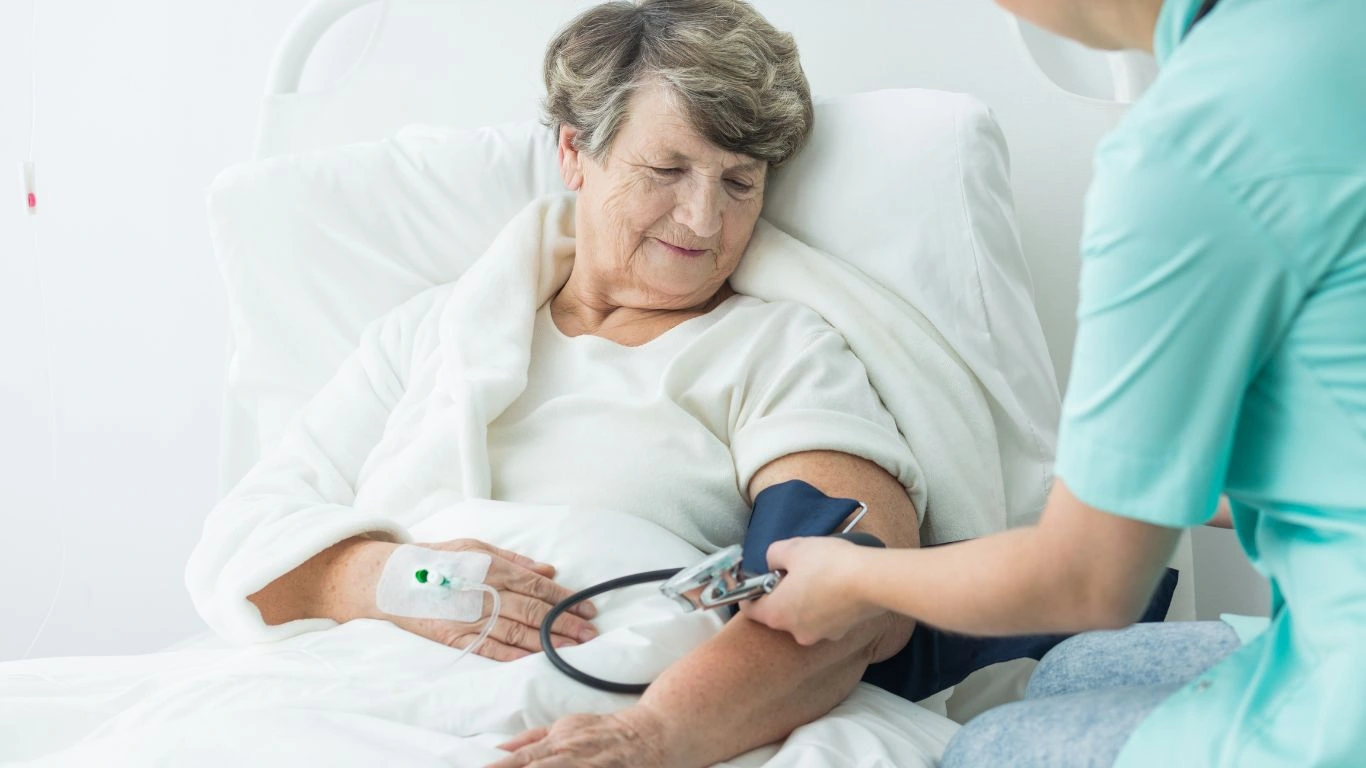
Here’s the fun part—because improving sleep hygiene doesn’t require a prescription pad. Just a little awareness, consistency, and lifestyle tuning. In my experience, even small changes can yield big results when it comes to breaking the blood pressure and sleeping disorders link.
Sleep Hygiene Strategies I Recommend All the Time
- Consistent Sleep-Wake Schedule: Go to bed and wake up at the same time every day. Yes, even weekends. Your circadian rhythm loves routine.
- Cool, Dark, Quiet Environment: The bedroom should be your sleep sanctuary. No TVs, bright lights, or noisy distractions.
- Limit Stimulants in the Evening: Caffeine, alcohol, and even heavy meals late at night can mess with your sleep architecture.
- Wind-Down Rituals: Read a book, stretch gently, or journal before bed. Give your mind a signal that it’s time to shift gears.
For Sleep Apnea—CPAP Isn’t the Enemy
People hear “CPAP” and immediately think, “I could never sleep with that thing.” But I’ve seen folks go from zombie-mode to energized after just a week or two on CPAP therapy. It’s not a punishment—it’s a solution. And with newer machines being smaller, quieter, and more comfortable, most people adapt quicker than they expect.
One of my long-time patients once joked, “I didn’t just get better sleep—I got my life back.” That’s the kind of outcome we’re after.
When Lifestyle Isn’t Enough: Medications and Monitoring
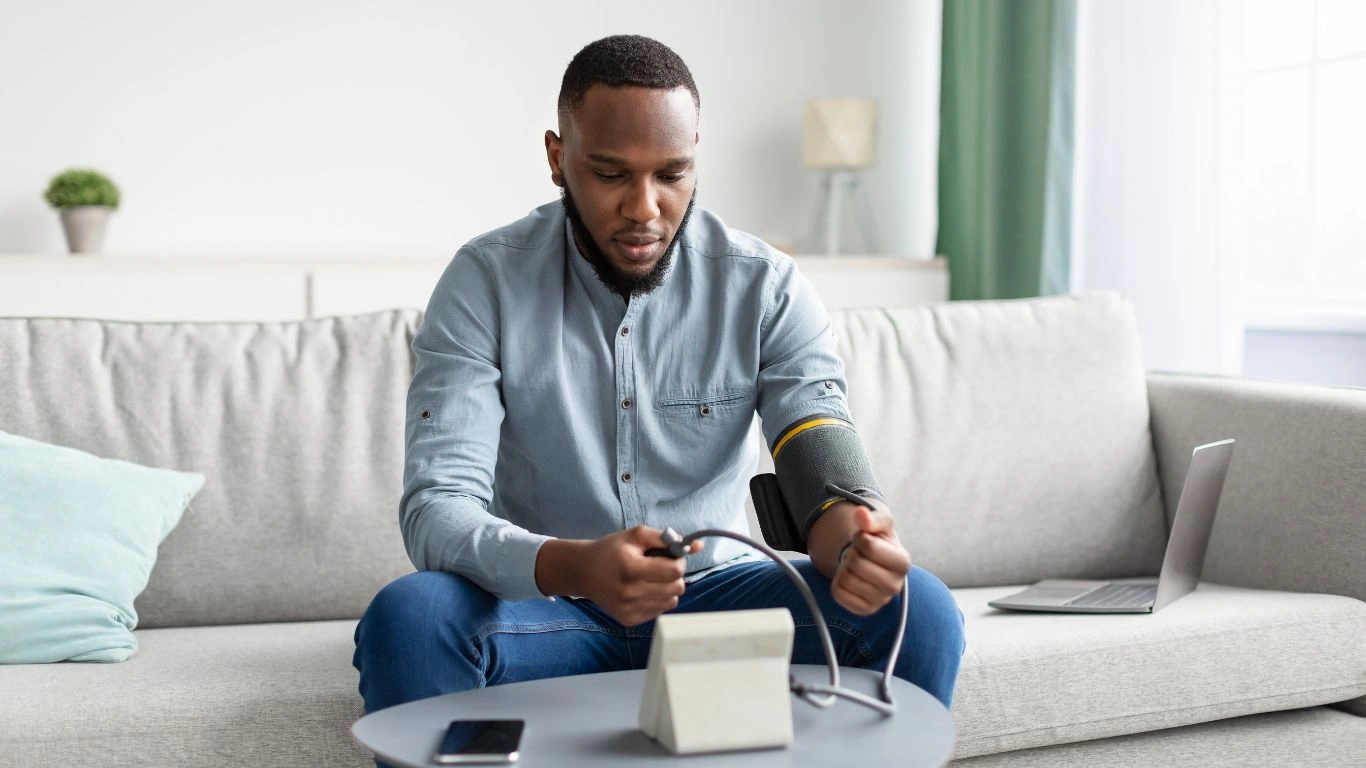
Okay, let’s be honest—sometimes lifestyle changes alone won’t cut it. I’ve had plenty of patients who did everything right: they cleaned up their sleep hygiene, managed their stress, watched their sodium… and yet, their blood pressure stayed stubbornly high. When that happens, it’s not a failure—it just means we need to layer in the right tools.
Medications can absolutely have their place in the broader plan. But here’s the key: we have to treat the root causes, not just slap on a pharmaceutical Band-Aid. If sleep disorders are contributing to high blood pressure and we’re not addressing them, then even the best medication plan won’t be as effective as it could be.
What I Usually Consider in These Cases
- 24-hour ambulatory blood pressure monitoring: Especially helpful if I suspect “white coat” hypertension or non-dipping patterns during sleep.
- Tailored medication timing: Believe it or not, some patients benefit more from taking their antihypertensives at night. It can help restore natural BP rhythms, especially when sleep issues are at play.
- Sleep specialist referrals: When it’s clear there’s something deeper going on—like complex sleep apnea or chronic insomnia that’s not improving—we bring in the experts.
I’ve seen huge improvements when we take this layered, integrative approach. One of my older patients, a retired nurse, struggled with fluctuating BP for years. It wasn’t until we adjusted her meds to bedtime and started her on CPAP therapy that everything finally stabilized. She told me, “I forgot what feeling normal felt like.”
Long-Term Effects of Ignoring the Sleep–Blood Pressure Connection

Let’s not sugarcoat it—ignoring the blood pressure and sleeping disorders link has real consequences. We’re talking increased risk of stroke, heart failure, kidney damage, and even cognitive decline. And the kicker? These issues often start silently, with no dramatic warning signs until something serious happens.
There’s also the emotional toll. Chronic fatigue from poor sleep can lead to depression, anxiety, and burnout. I’ve had patients come in thinking they were dealing with mental health issues, only to realize sleep fragmentation was the real culprit all along. Once their sleep improved, so did their mood and energy levels.
Why This Needs More Awareness
The more I talk to patients, the more I realize that many folks still see blood pressure as a “daytime” issue and sleep as something separate. That’s outdated thinking. We need to start treating them as a package deal. Primary care providers, cardiologists, and sleep specialists all need to be on the same page—and patients need to feel empowered to ask about both.
I always tell my patients: you have more control than you think. Recognizing how interconnected your body’s systems are is step one. Acting on it? That’s where the real transformation happens.
Empowering You to Take Action
If there’s one message I hope sticks with you after reading this, it’s this: you don’t have to live with high blood pressure or poor sleep as your “new normal.” Small changes can spark big improvements. Start tracking your sleep. Pay attention to patterns. Bring up your concerns with your doctor—especially if sleep hasn’t been part of the conversation yet.
And don’t underestimate your own awareness. No one knows your body better than you. If you feel something’s off, it probably is. I’ve seen more breakthroughs happen from patients saying, “You know, something’s just not right,” than any test ever ordered.
Want to Learn More?
Here are a few trustworthy resources I often recommend for patients who want to dig deeper into the relationship between sleep and blood pressure:
- National Sleep Foundation
- American Heart Association
- Centers for Disease Control and Prevention
- American Gastroenterological Association
Final Thoughts
As a physician, I’ve seen firsthand how empowering patients with knowledge can literally change lives. The blood pressure and sleeping disorders link is a powerful reminder that we can’t afford to treat systems in isolation. We’re whole people, not just numbers on a chart.
So keep asking questions. Keep noticing patterns. And above all, don’t ignore sleep—it just might be the missing piece in your blood pressure puzzle.
Disclaimer: This article is for informational purposes only and does not substitute for professional medical advice, diagnosis, or treatment. Always consult your physician or qualified health provider with questions you may have regarding a medical condition or health goals.

Dr. Gwenna Aazee is a board-certified Internal Medicine Physician with a special focus on hypertension management, chronic disease prevention, and patient education. With years of experience in both clinical practice and medical writing, she’s passionate about turning evidence-based medicine into accessible, actionable advice. Through her work at Healthusias.com, Dr. Aazee empowers readers to take charge of their health with confidence and clarity. Off the clock, she enjoys deep dives into nutrition research, long walks with her rescue pup, and simplifying medical jargon one article at a time.


